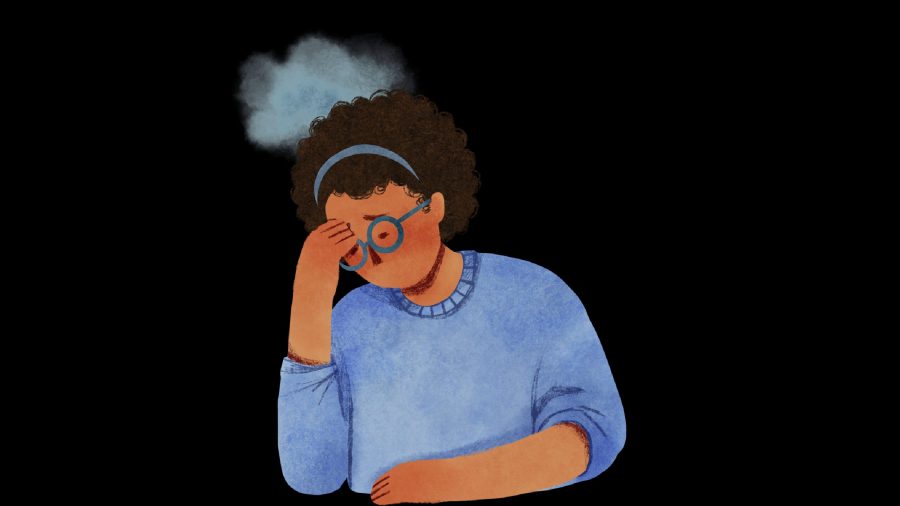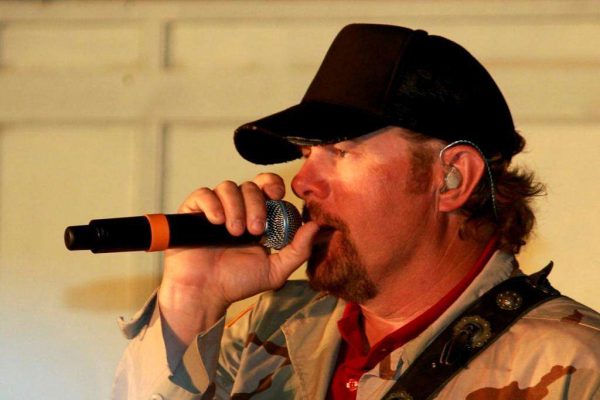Stand Up To Make Teen Depression Less Depressing
Mental Health is a widely discussed topic amongst many. Maybe when you think of mental health or engage in a conversation on such things you may think or bring up Gen Z. The generation is full of many young teens who are known to struggle with mental health. Specifically something to gaze our eyes toward is depression among young teens.
To have a good understanding of the state teens are currently in, in regard to depression, statistics are a great way to start. When researching you may stumble across parents.com with their article, “How to Identify and Treat Teen Depression” by Nicole Harris. In her article, she uses the National Institute of Mental Health for her statistics and they found that “17% of adolescents aged 12-17 had at least one major depressive episode in 2020” the equivalent of “4.1 million American Teens.” Apparently “12% of adolescents experienced at least one instance of “severe impairment that interfered with life” and “More than a million teens experienced depression in 2020 compared to 2017,” she continued.
These statistics highlight how many teens have struggled, are struggling potentially, or even will possibly struggle when noting a rise that occurred from 2017 to 2020. Knowing the amount that can, will, or did struggle with depression means adolescents will need much advice or counsel in how to deal with this problem. The depression problem may be affecting you currently or may affect you later on. Teens must be equipped to cope with their depression or to make it cease. So what exactly can a teen do?
The article “Self-Help Strategies for Depressed Teens” by Kathryn Rudlin on verywellmind.com, gives ways to help with teen depression like medication or therapy as a “comprehensive approach.” The “medications for depression in teens include antidepressants,” but Rudlin makes it clear that “antidepressant use is carefully monitored by both doctors and parents,” mainly in the weeks you just start out the medication due to a “risk of suicidal thinking” for those “under the age of 25.” Rudlin talks about two therapies such as “cognitive behavioral therapy (CBT)” for “negative thought patterns” and “interpersonal therapy (IPT).” for the improvement in “the quality of social relationships”. What’s great about this article is that other than psychotherapies and medication, the article suggests pointers that teens can practice that would be good for aiding the “professional treatment”. The pointers would are exercising often, eating healthy, socializing and finding supports, and gain restful sleep. Finally Rudlin suggests for a depressed teen to “Have Fun”, where addresses parents to “try to get your teen to participate in activities that bring a sense of pleasure.” which would be examples she gives like having them make a lot of fun things and pick some to do.
Globally we are open and more aware than ever about the struggles of mental health. We live in an era where the awareness of mental health struggles can be spread through platforms such as Tiktok or Instagram. It helps many teenagers to know that they are not alone and they shouldn’t be ashamed about what they are facing. Along with that they can learn different ways to help cope or fight their depression. If we were to go back in time to the 1950’s for instance we would see that the awareness of mental health would be nowhere to be seen as it was not normal to talk about back then. But our society today is trying to make mental health normal because well it is normal. Nobody should have to go through depression alone and to know that there are over a billion people out there that can help you by just one touch of a button is astounding.





